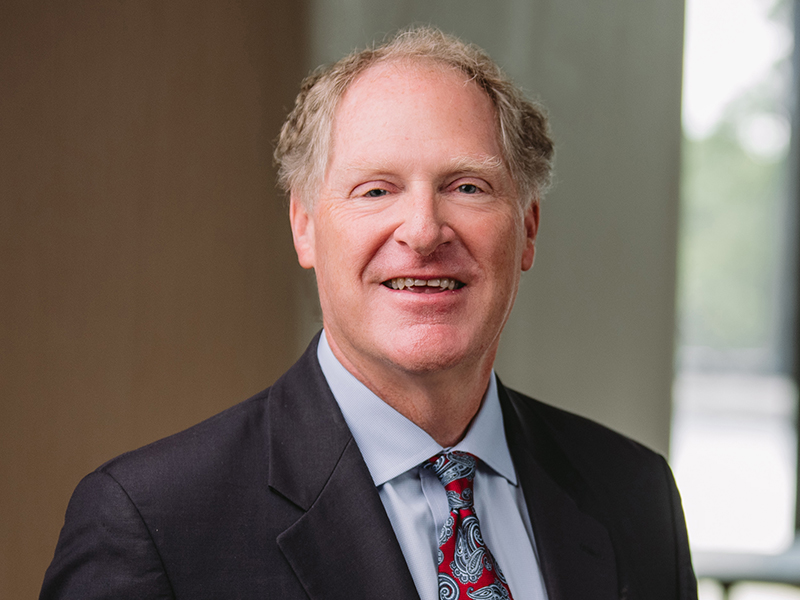ELECT Blog Archives
Legislative Changes to Election Laws in 2016
By Rob Tyson
Based on the Voting Laws Roundup 2016 by the Brennan Center for Justice, [1] two key trends have emerged in 2016: 1) automatic voter registration has taken off across the country and 2) States are passing fewer voter restrictions, but restrictions in 17 states will be on the books for the first time in a presidential election in 2016.
Registering to vote generally has required citizens wishing to vote, to complete a paper application. Once the application was finished, a voter registration office assimilated the information into a system whereby the applicant became a registered voter. To make the process easier, states are passing laws that automatically register voters; thereby eliminating the paper application which immediately modernizes the entire process.
The Roundup also states, “For the fourth year in a row, bills that would expand voters’ access to the ballot box have outpaced those that would restrict voting, in terms of both introduction and passage.” The report further concludes, “States are passing fewer laws that restrict voting rights overall, but voter ID bills are still the most common type of restriction being introduced.” The Roundup implies the reason there are fewer voter restrictions being enacted, many states already have passed their voting restrictions so there are fewer states to make more restrictive laws.
Read the report here.
[1] The Brennan Center for Justice at NYU School of Law is a nonpartisan law and policy institute that seeks to improve our systems of democracy and justice. We work to hold our political institutions and laws accountable to the twin American ideals of democracy and equal justice for all. The Center’s work ranges from voting rights to campaign finance reform, from ending mass incarceration to preserving Constitutional protection in the fight against terrorism. Part think tank, part advocacy group, part cutting-edge communications hub, we start with rigorous research. We craft innovative policies. And we fight for them — in Congress and the states, the courts, and in the court of public opinion.
